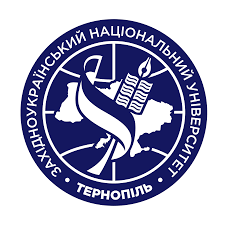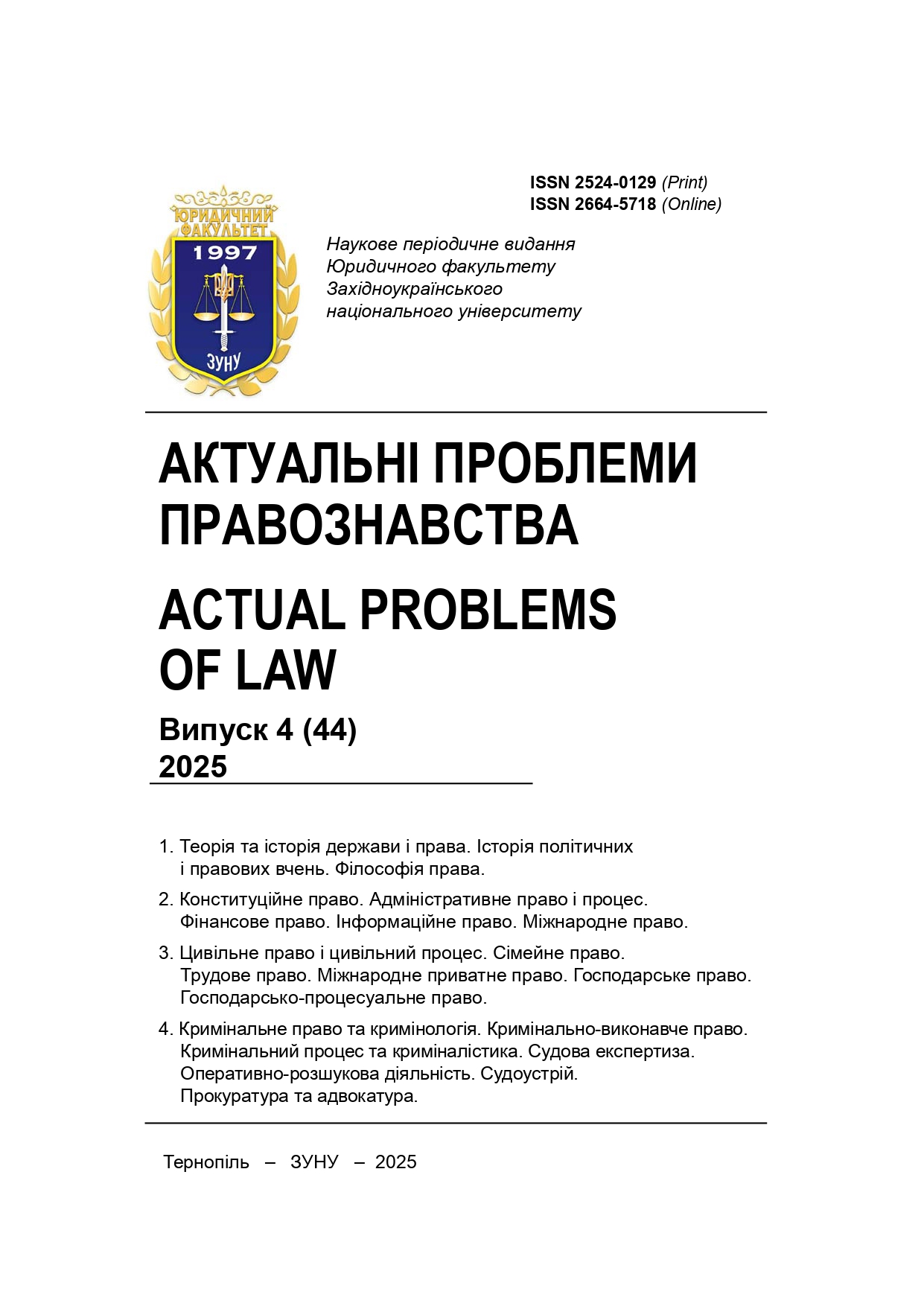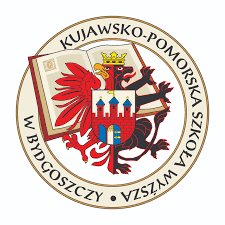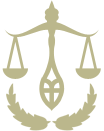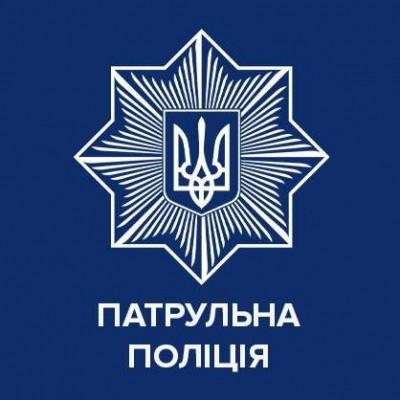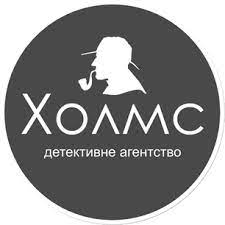Instrumenty prawne w zakresie bezpieczeństwa danych osobowych przetwarzanych na forum sądownictwa wyznaniowego
Анотація
The division between the state and churches and other religious organisations, expressed in art. 25(3) of the Constitution of the Republic of Poland, justifies the admissibility of interference by public authorities in internal matters of a given religious organisation. However, churches and other religious organisations are not excluded from the legal order of the state when they enter into circulation regulat- ed by state law or when their operation affects the common good or the rights of third parties. The rulings of the church court in matrimonial matters do not have ex lege legal effects in Polish law. The separation of the jurisdiction of ecclesiastical and secular courts results, in particular, from the fundamental differences between Polish law and canon law with regard to the reasons for the validity and termina- tion of marriage. The protection of personal data in religious courts should not be understood only as compliance with state law. The Catholic Church does not have to obtain special consent to collect personal data of its members, because the very fact of their membership in the Church determines its right to process such data. The aim of the article is to characterise the code mechanisms used in the field of security of personal data processed in the forum of the religious judiciary.
Посилання
Biskupski S., Prawo małżeńskie Kościoła rzymskokatolickiego, t. 2, Proces małżeński, Olsztyn 1960.
Brzemia-Bonarek A., Dopuszczalność dowodów zdobytych w sposób niegodziwy w kanonicznym procesie o stwierdzenie nieważności małżeństwa, Katowice 2007.
Greszata M., Kanoniczne procesy małżeńskie. Pomoc dla studentów, Lublin 2007.
Krukowski J., [w:] Komentarz do Kodeksu Prawa Kanonicznego, t. 5, Księga VII. Procesy, red. J. Krukowski, Poznań 2007.
Miziński A.G., Adwokat gwarantem prawa do obrony w procesie kanonicznym, [w:] Urzędy sądo- we – władza i służba. Materiały z ogólnopolskiego spotkania pracowników sądownictwa koś- cielnego w Gródku nad Dunajcem w dniach 11-12 października 2004 roku, red. T. Rozkrut, Tarnów 2005.
Pawluk T., Kanoniczne procesy szczególne, Warszawa 1971.
Pawluk T., Prawo kanoniczne według Kodeksu Jana Pawła II, t. 4, Doczesne dobra Kościoła. Sankcje w Kościele. Procesy, Olsztyn 1990.
Sztychmiler R., Ochrona praw człowieka w normach kanonicznego procesu spornego, Olsztyn 2003.
Sztychmiler R., Wprowadzenie sprawy, [w:] Komentarz do Instrukcji „Dignitas connubii”, red. T. Rozkrut, Sandomierz 2007.

